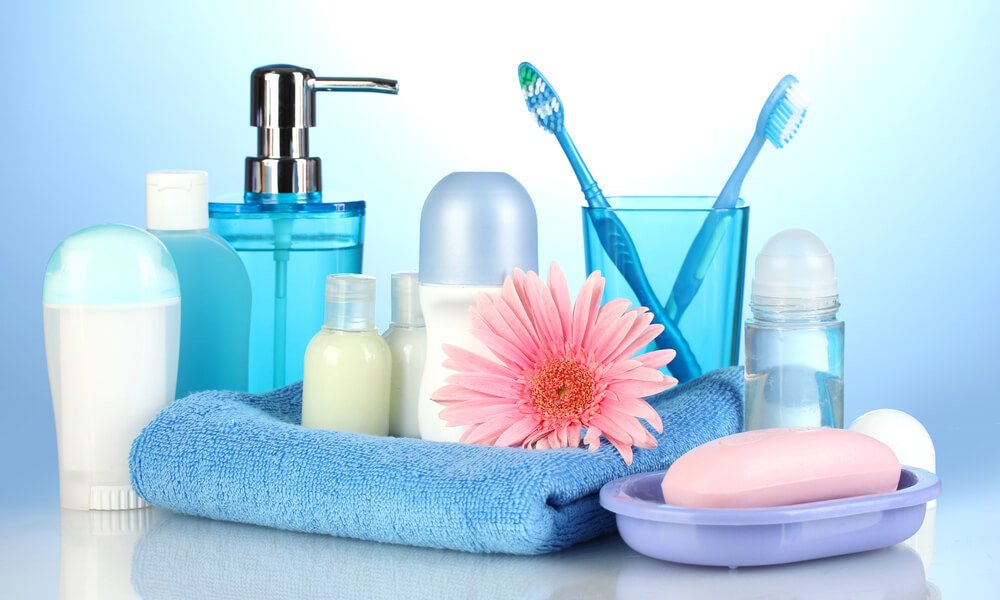How the Quran Anticipates Modern Hygiene Practices
Cleanliness has always been an essential part of Islamic life. Long before the advent of modern science and medicine, the Quran and Sunnah emphasized cleanliness in ways that now mirror contemporary hygiene practices. In this blog post, we explore how the divine guidance found in the Quran remarkably aligns with today’s scientific understanding of hygiene and public health.
Daily Purification in Islam
Wudu (Ablution) Before Prayers
Wudu is performed before each of the five daily prayers. It involves washing the hands, face, arms, and feet — a practice that not only serves spiritual preparation but also aligns with basic personal hygiene.
Cleanliness in Ghusl (Full Body Washing)
After certain acts such as marital relations or menstruation, Muslims are commanded to perform ghusl. This complete washing of the body is akin to modern showering practices for sanitation.
Siwak (Tooth Cleaning Stick)
The Prophet Muhammad (PBUH) encouraged the use of the siwak for cleaning teeth. Modern dentistry confirms the effectiveness of its antibacterial properties and oral hygiene benefits.
Protection from Contagious Diseases
Isolation During Illness
Hadiths recommend isolating those with contagious diseases — a concept central to modern quarantine procedures. The Prophet (PBUH) advised: “Do not enter a land where plague is occurring.”
Clean Environment
Islam emphasizes keeping one’s home, clothes, and public areas clean, echoing the importance of sanitation in disease prevention.
Avoiding Contaminated Food and Water
The Quran and Sunnah highlight the need to consume pure (tayyib) and lawful (halal) food, indirectly promoting safety from harmful pathogens.
Personal Hygiene as Worship
Trimming Nails and Removing Body Hair
Routine grooming is part of the fitrah (natural disposition) and is considered an act of worship that promotes cleanliness and prevents infection.
Use of Fragrance
The Prophet (PBUH) loved pleasant scents and encouraged their use, which correlates with modern deodorant use and personal care.
Washing Hands Before and After Meals
Islamic etiquette includes washing hands before and after eating — a practice science now confirms helps prevent bacterial transmission.
Quranic Verses Encouraging Cleanliness
Surah Al-Baqarah (2:222)
“Indeed, Allah loves those who are constantly repentant and loves those who purify themselves.” This verse directly connects cleanliness to divine love.
Surah Al-Muddaththir (74:4)
“And purify your garments.” This emphasizes the importance of physical cleanliness along with spiritual purity.
Surah Al-Tawbah (9:108)
“…in it are men who love to purify themselves. And Allah loves those who purify themselves.” Here, purity is a notable virtue of the righteous.
Environmental Cleanliness in Islam
-
Littering is discouraged; Muslims are taught to remove harmful objects from paths.
-
Gardens and nature are praised, promoting green and clean living.
-
Waste management is emphasized in Hadiths — cleanliness of public places is essential.
-
Water conservation is highly recommended, even when performing wudu from a running stream.
Food and Hygiene
-
Always eat with clean hands, as per the Sunnah.
-
Avoid overeating to prevent illness—”Eat and drink, but do not be excessive” (Quran 7:31).
-
Consume fresh and halal foods for optimal health.
-
Leftovers should be stored properly and not wasted, aligning with modern food safety.
Hygiene in Public Spaces
-
Masjids are kept clean, reflecting community hygiene awareness.
-
Using the right hand for eating and the left for cleaning is a hygiene practice.
-
Restroom etiquette in Islam includes washing with water — a practice more hygienic than toilet paper alone.
-
Entering and exiting restrooms with specific duas creates mindfulness and discipline around hygiene.
Mental and Emotional Cleanliness
-
Refraining from gossip and slander keeps the heart clean.
-
Regular dhikr (remembrance of Allah) promotes inner peace.
-
Forgiveness and patience cleanse the soul from hatred and anger.
-
Gratitude helps maintain a positive mental state, which supports overall health.
Sunnah and Modern Hygiene Tools
-
Use of miswak is now backed by dental research as beneficial.
-
Using perfumes and deodorants was a prophetic tradition.
-
Hair oiling and grooming habits reflect a holistic hygiene culture.
-
Covering sneezes and avoiding spitting in public were advised over 1400 years ago.
Conclusion
The Quran’s emphasis on hygiene reveals timeless wisdom that aligns with the latest scientific discoveries in health and wellness. Whether it’s physical cleanliness, environmental care, or emotional purity, Islam’s teachings are remarkably forward-thinking. At Muhammadan Quran School, we don’t just teach Quran reading — we guide students in understanding the Quran’s life-transforming messages, including its emphasis on cleanliness. Explore our online Quran classes for kids and adults to experience the Quran’s relevance in everyday life.


